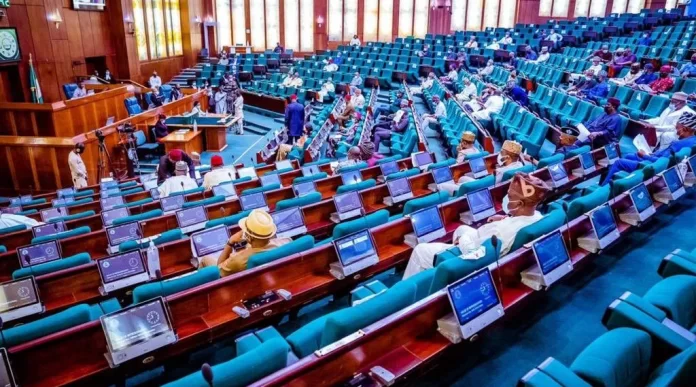Reps Plan Separate Contributory Pension Scheme For NASS
The House of Representatives has begun the process of pulling out the National Assembly from the contributory pension scheme under the administration of the National Pension Commission.
At the plenary on Thursday, the House passed for second reading, the legislation titled ‘A Bill for an Act to Amend the Pension Reform Act, 2014 to Exclude/Exempt the National Assembly Service from the Contributory Pension Scheme and Establish the National Assembly Service Pension Board.’
Chairman of the House Committee on National Planning and Economic Development, Olododo Cook, who sponsored the bill, said the proposal was to exempt the personnel of the National Assembly from the Contributory Pension Scheme and to establish a National Assembly Service Pensions Board “to be charged with the responsibility of administering the pensions scheme for personnel of the service.”
Cook stated, “This bill is in consequence of the exit of the service from the application of the contributory pensions scheme under the Pensions Reform Act, 2014.”
The bill seeks to amend Section 5(1)(a) of the Act by inserting the words ‘the National Assembly service’ to read thus: ‘The categories of persons exempted from the Contributory Pension are (a) the categories of persons mentioned in Section 291 of the Constitution of the Federal Republic of Nigeria, 1999 (as amended), members of the intelligence community and the National Assembly service personnel.’
Clause 2(1) of the bill also proposes that, ‘There is established a pension board which shall be charged with the responsibility of managing payment of pensions and gratuities to all personnel of the service.
‘Application of the bill to personnel who retired before the commencement of this bill: (2) This bill shall apply to all personnel of the service, including those who had retired before the commencement of this bill. (3) The retirement benefits of personnel referred to in Subsection (2) above shall be adjusted to be commensurate with the provisions of this bill.’





